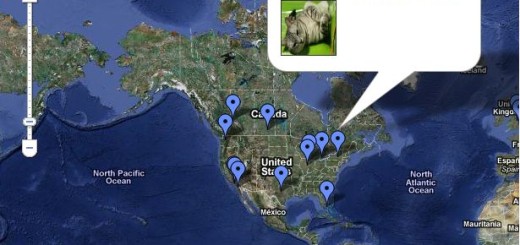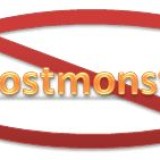Many entrepreneurs from all over the world flock to Silicon Valley – some are seeking finance, others partnerships, and many feel their startup has a better chance of being successful just by being here in the startup capital. I was once told by a friend “in the same way artists used to go to Paris for a few years to absorb the spirit, I come to silicon valley with my startup”.
Many foreign startup founders do very well in Silicon Valley, but as I meet a lot of startups that come here, I find that there are some repetitive mistakes that founders make when coming here.
Here is an unsorted collection of these mistakes:
1) Come for a very short visit expecting to raise money or close deals
Like in many aspects in life, relationships are very important. I see founders go to a first meeting with a Venture Capital and say “We are here for the week and are seeking to raise 2M$”.I tell these entrepreneurs that what they did is like to go to a bar, sit next to a person and ask her/him to marry you… It doesn’t work that way. Both in partnership and in capital you need to build relationship and trust, and that takes weeks and months, not days.
2) No knowledge of local competition and market needs
Many founders know their own markets very well, but that is less relevant when going out of your local market and coming to the Silicon Valley – Saying “Non of our competitors in [Latvia/India/Brazil/XYZ] have our features” does not mean a lot if a Silicon-Valley-based competitor does everything your startup does. Investors and partners here want to see locally relevant advantage (and many times Global).
3) Language issues and Spelling mistakes in one pager and presentations
“Here is our site, it is still in French right now but you can get the feeling of our solution” – well, not really, if you take the time to have an english version that would be much better.
Note that Americans will be very tolerant when you speak to them with a deep accent or make mistakes while you present your idea. They have very little tolerance for spelling mistakes in presentations and one pagers. Take the time to have someone with perfect English go over everything you send.
4) Misunderstanding the culture
When someone you meet in the Valley says something like “This is very interesting, we will get back to you” that should be translated to “Not really interested” in other cultures. Some entrepreneurs do not get the subtle tone or are not able to read between the lines, they are surprised that that person does not get back to them.
5) Wasting time with non-relevant meetings
This is common in many places but very important when you have no time to spare, such as visiting the Silicon Valley for a short duration. Many people will not tell you that the meeting you want to have is not relevant or that they can not help you. A lot of time is wasted on unnecessary meetings. Getting the meeting is not the end game, a good outcome of the meeting is, so choose your meetings wisely.
Insider tip –
When you are sending an email to someone, it is important to send it at a time that is convenient to them. For example: I used to send VCs in the valley my update emails on Monday morning at 9AM PST in order to maximize readership.
Conclusion
There are a lot of opportunities and a rich startup environment in Silicon Valley. Some entrepreneurs make very simple mistakes that can be very easily corrected. Understanding these mistakes, and avoiding them, will save you a lot of headaches, frustration, time and money.









Great article Amir. I’ll share it on twitter as its a helpful message to get out.
I think the culture misunderstandings and differences often run deeper than just communicative. For example, I’ve seen several startups from other areas move much less quickly and in a more academic manner than the ‘build fast and break things’ approach often taken in the valley. Thanks!